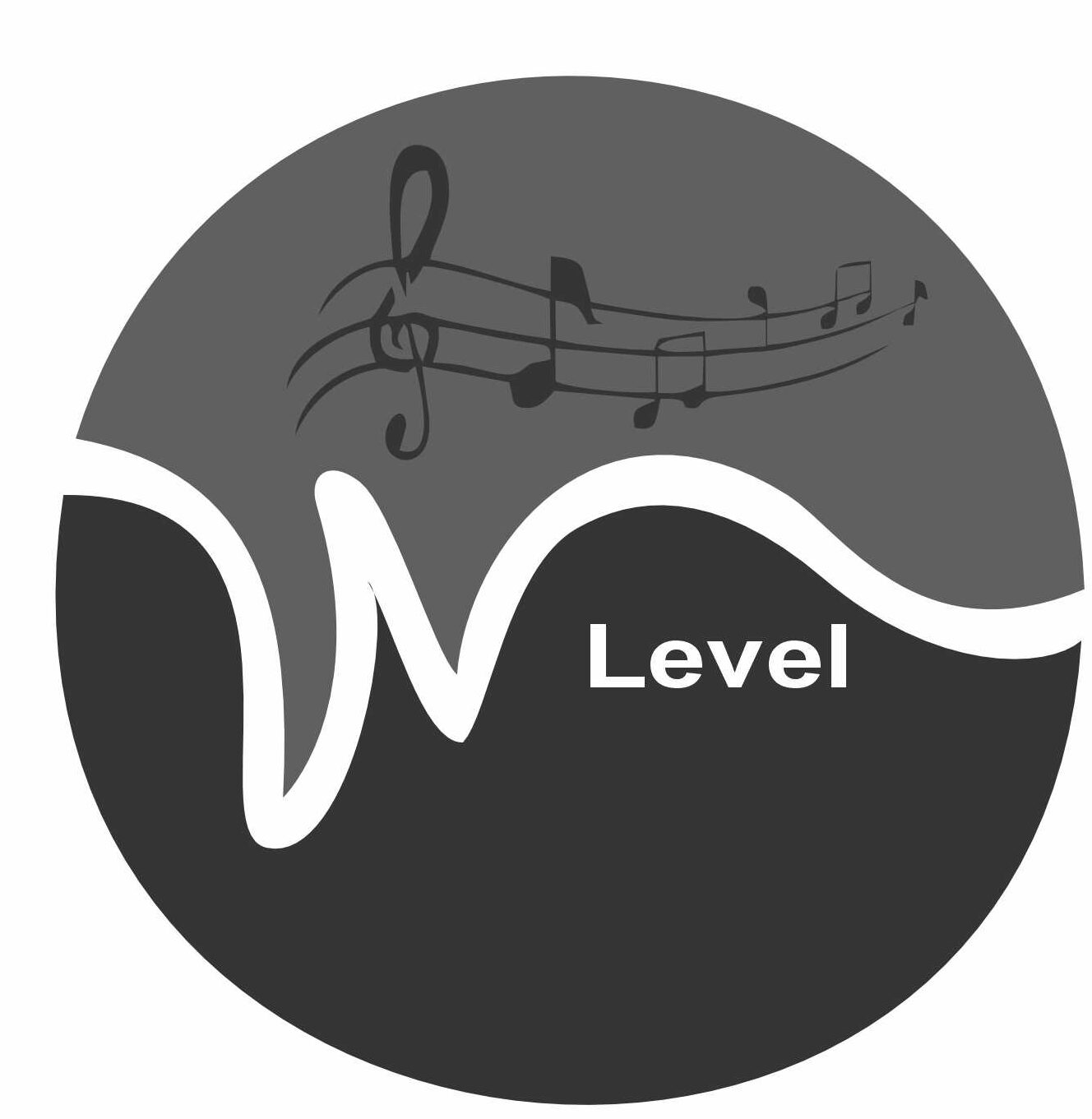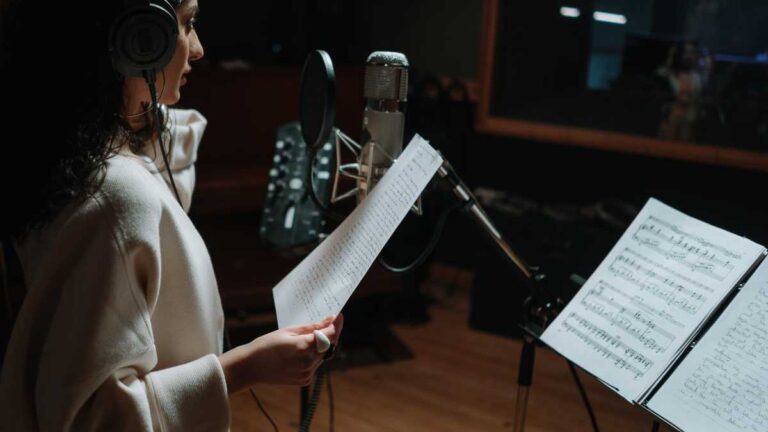20 Best Music for Studying 2024

Discover the 20 Best Music for Studying 2024. Do you love listening to music when studying? Then this is for you
Studying can be a bit tedious. Even the most studious student can collapse under a heavy academic workload. So, how can we improve this experience? Music!
Research suggests that incorporating music into study sessions can offer numerous benefits, ultimately optimizing learning outcomes.
Music for Studying
Numerous studies show the benefits of effective studying with music. To optimize outcomes, the choice of music should induce a positive mood without being too intrusive. Additionally, music with fewer lyrics is recommended to bolster concentration. Instrumentals, devoid of vocals, have emerged as the preferred choice for study sessions.
In today’s post, we examine various music for enhancing study performance.
Advantages of Studying with Music
Studying with music offers a myriad of benefits that can significantly enhance the learning experience. From improving focus and memory retention to reducing stress and boosting motivation, music has the power to harmonize with academic success.
Enhances Focus and Concentration:
Music, when chosen mindfully, acts as a soothing backdrop. It drowns out external distractions and enables students to delve deeper into their study material. Certain genres, such as classical or ambient music, are particularly effective in creating an environment conducive to concentration, as they lack lyrics that might divert attention.
Alleviates Stress and Anxiety:
The academic journey is often accompanied by stress and anxiety, especially during exam periods. Music serves as a therapeutic tool, helping students alleviate these negative emotions. Listening to calming melodies can reduce cortisol levels, the hormone associated with stress, thus promoting a relaxed state of mind conducive to effective studying.
Improves Memory Retention:
Music has a remarkable ability to evoke emotions and stimulate memory. By pairing study material with specific tunes or melodies, students can create strong associations that aid in memory retention. This technique, known as the Mozart Effect, suggests that listening to classical music, in particular, can enhance cognitive function and improve information recall.
Boosts Motivation and Productivity:
The right music can ignite motivation and boost productivity levels. Upbeat and energetic tunes have the power to invigorate the mind, infusing students with a renewed sense of enthusiasm for their studies. Additionally, music can create a rhythm or tempo that aligns with the pace of work, thereby enhancing overall productivity and efficiency.
Encourages Creativity and Critical Thinking:
Music stimulates creativity and fosters critical thinking skills. By immersing oneself in melodious compositions, students can tap into their imaginative faculties, enabling them to approach complex problems with a fresh perspective. The rhythmic patterns and harmonies also enhance cognitive flexibility, allowing for more creative problem-solving.
Personalizes the Learning Experience:
One of the greatest advantages of studying with music is its ability to personalize the learning experience. Each individual has unique preferences when it comes to musical genres and styles. By selecting music that resonates with their personal tastes, students can create a study environment that feels tailored to their needs, thus enhancing engagement and enjoyment.
Cultivates Multitasking Skills:
Contrary to popular belief, studying with music can actually improve multitasking skills. While it may seem counterintuitive, listening to music while studying can train the brain to filter out irrelevant stimuli while focusing on important tasks. This skill of selective attention is invaluable in today’s fast-paced world, where multitasking is often necessary.
Best Genres for Studying
As earlier stated, the ideal music for studying should be free of distractions and noise. The goal of music during studying is to aid your focus, not distract you from reading.
Classical Music:
Listening to classical music featuring composers like Mozart, Beethoven, and Bach, enhances attentiveness. Their calming melodies, devoid of lyrics, are ideal for studying and effective for exam preparation.
Baroque Music
This is a heavily ornamented style of music that predated Classical music.
Baroque music, especially with 60-70 BPM tempos, enhances focus, making it ideal for studying. Handel’s Water Music is a prime example.
Nature
Nature sounds like rainfall, ocean waves, or bird songs create a peaceful study environment, enhancing focus and relaxation.
Jazz
Jazz, alongside classical, instrumental, ambient, and electronic music, aids focus. Miles Davis or Brian Eno’s instrumental pieces promote concentrated attention.
Lo-fi Hip-hop
Low fidelity Hip-hop widely known as Lo-fi Hip-hop is a downtempo music that combines elements of hip hop and chill-out music.
Lo-Fi Hip-Hop blends soft samples with calming beats, aiding focus during schoolwork. Popular live streams foster a sense of camaraderie among students.
20 Best Music for Studying
As earlier stated, the ideal music for studying should be free of distractions and noise. The goal of music during studying is to aid your focus, not distract you from reading. So, let’s get to it! The 20 Best Music for Studying
Ludovico Einaudi – “Nuvole Bianche”
“Nuvole Bianche” is a neoclassical composition by Italian pianist and composer Ludovico Einaudi. The piece features a gentle and flowing rhythm that creates a sense of calm and serenity, with the occasional burst of intensity that adds an emotional depth to the piece. It is widely regarded as a musical representation of the feeling of peace and tranquillity.
Johann Sebastian Bach – “The Well-Tempered Clavier”
Hans von Bülow called The Well-Tempered Clavier the “Old Testament” of music (the Beethoven Sonatas were the “New Testament”). Bach composed the Clavier for his students. In his words: “for the profit and use of musical youth desirous of learning, and especially for the pastime of those already skilled in this study.” Well, let’s take his word literally.
Max Richter – “On the Nature of Daylight”
“On the Nature of Daylight” is beautiful, emotionally evocative, and deeply moving. Many listeners appreciate its minimalist and atmospheric qualities, finding it both soothing and introspective. Various films, TV shows, and advertisements have used the piece, further contributing to its recognition and acclaim among audiences. Max Richter is also the composer of ‘Sleep,’ a piece created to aid sleep.
Yiruma – “River Flows in You”
“River Flows in You” is a melodically simple yet emotionally deep composition. Its gentle rhythm instils calmness and serenity. Many widely interpret the piece as a love song because it captures the ebb and flow of emotions associated with love. Yiruma composed “River Flows in You” in 2001.
Claude Debussy – “Clair de Lune”
“Clair de Lune” is a solo piano piece from 1890. It has been interpreted as a musical rendition of the beauty and mystery of the moonlit night. The work tells the story of a night journey with a soft and romantic melody capturing the sense of wonder and magic that this experience brings. The emotions evoked by the work are complex and varied, with moments of joy, sadness and reflection.
Erik Satie – “Gymnopédies”
Gymnopédies are three iconic classical piano compositions that have become a staple of musical culture and a timeless classic. It is almost entirely instrumental, with only a few short vocal passages.
Brian Eno – “Music for Airports”
Music for Airports opens with the tapping out of single piano keys over an unidentifiable, warm sound texture—or maybe it’s just static. It’s at once haunting and comforting. The ebbs and flows of the minimalist composition are slow and deliberate; sonic waves lapping at the beach.
Wolfgang Amadeus Mozart – “Fantasia in D minor, K. 397”
Fantasia was written in 1782 by 26 year old Mozart. The song ultimately expressed Mozart’s anxiety over his declining public reputation as an artist and musician in Vienna. Beginning with a melancholic and lyrical introduction, the piece moves to the articulation of a short motif, followed by a quarter note that lasts throughout the piece.
Philip Glass – “Six Pianos”
Six Pianos, composed in 1970, is a piano piece It exhibits repetitive patterns, built on the harmonic framework that characterizes Glass’s work. One of the reasons Six Pianos is so popular is its captivating, mysterious nature.
Ólafur Arnalds – “Near Light”
Ólafur was inspired by the lush landscapes of his homeland, and composed “Near Light” as part of his 2010 album. The minimalistic, introspective nature of the piece allows for a personal, intimate experience that resonates with fans of classical, ambient and electronic music.
Chopin – “Nocturnes”
Nocturne in C-sharp minor is one of the most iconic pieces in the classical music repertoire. The song is played at a slow tempo and is a one-part solo piano piece. The song was composed by Polish composer Frederic Chopin in the 1830s and first published in 1849.
Maurice Ravel – “Pavane Pour Une Infante Défunte”
Ravel’s Pavane pour une infante défunte is a beautiful piece of music that continues to fascinate and mystify its audience, as it has for over a century. Its romantic elements and distinctive melodies create a time-travelling atmosphere that is both nostalgic and modern, fanciful and grounded.
Arvo Pärt – “Für Alina “
The simplicity of the composition, its melody and harmonies are quite easy to follow. Thus, allowing for easy recognition and understanding.
Yiruma – Spring Rain
South Korean composer Yiruma brings to it a unique blend of classical and contemporary styles that spill over the keys like seasonal spring rains.
Antonio Vivaldi – “The Four Seasons”
The Four Seasons (Italian: Le quattro stagioni) is a set of four violin concertos by Antonio Vivaldi. Composed in 1723, The Four Seasons is Vivaldi’s best-known work and is among the most popular pieces of Baroque music.
John Williams – “Harry Potter and the Sorcerer’s Stone Soundtrack”
Dive into the world of magic and possibilities with this playlist. It is Peaceful, relaxing, and good for everyone. Great for homework and more. A must for fans and non-fans alike.
Michael Nyman – “Big My Secret”
“Big My Secret” is a piece of music composed by Michael Nyman for the soundtrack of the 1993 film “The Piano,” directed by Jane Campion. It is one of the most well-known pieces from the soundtrack and has gained popularity beyond the film.
The piece features Nyman’s signature minimalist style, characterized by repetitive motifs and simple harmonic progressions. “Big My Secret” is often praised for its hauntingly beautiful melody and emotional depth.
Ludovico Einaudi – “Una Mattina”
The track features a gentle and flowing rhythm that creates a sense of calm and serenity, with occasional bursts of intensity that add emotional depth to the track.
Many widely consider the song as a musical representation of a feeling of awakening or new beginnings. Interpreters see it as celebrating life and the joy of being alive, with its soft and flowing melody capturing the sense of awe and wonder that the experience brings.
Tristana – “Nils Frahm”
Tristana is an impressive work by renowned composer Nils Frahm. It features intricate melodies and hauntingly beautiful harmonies.
Critics note the emotional resonance and technical complexity of this solo piano composition.
Miles Davis – “Kind of Blue”
Kind of Blues is a Jazz album that you can use as a background to your life. It was recorded in1959 and achieved significant fame.
Conclusion
The Best Music for studying often has a calming and soothing effect, making it suitable for concentration and focus during study sessions. So, explore the genres and songs recommended above and pick what suits your needs.






